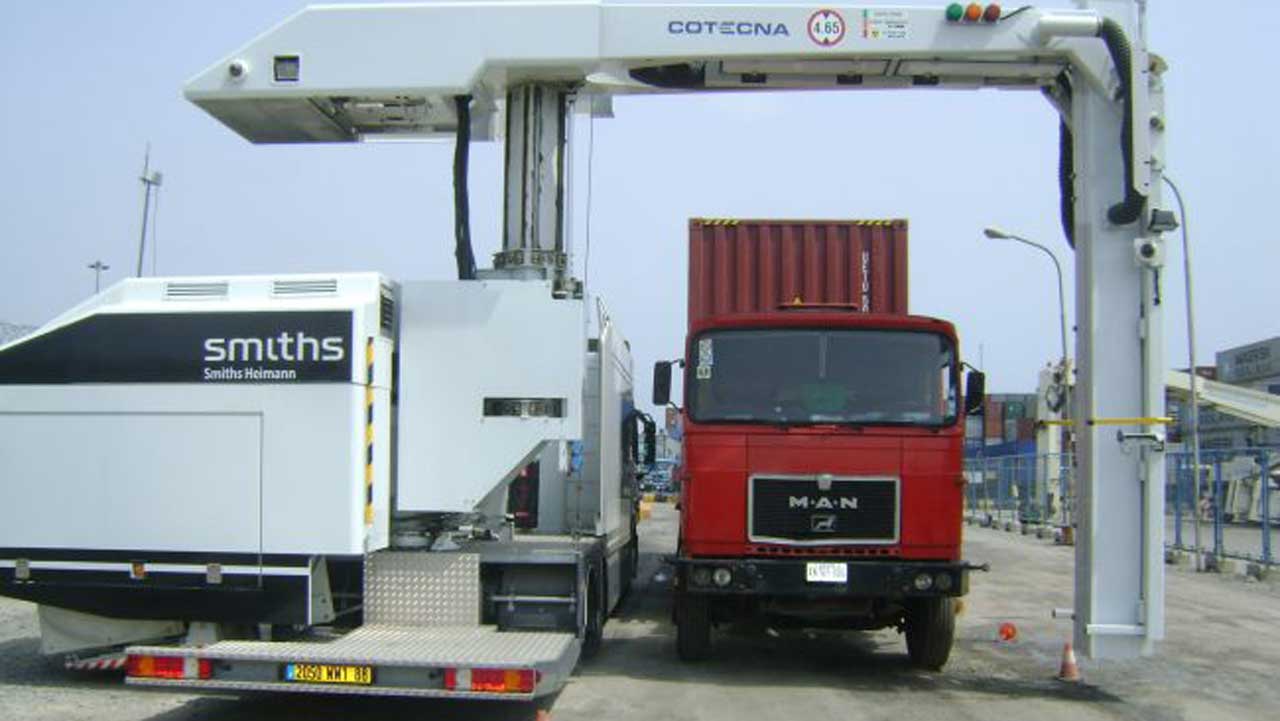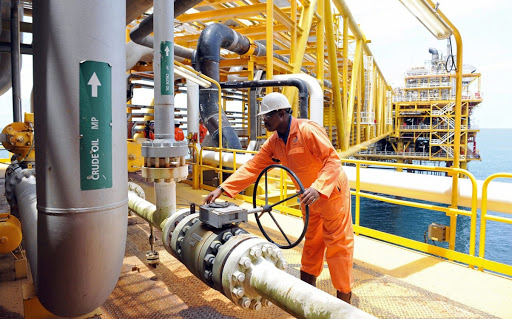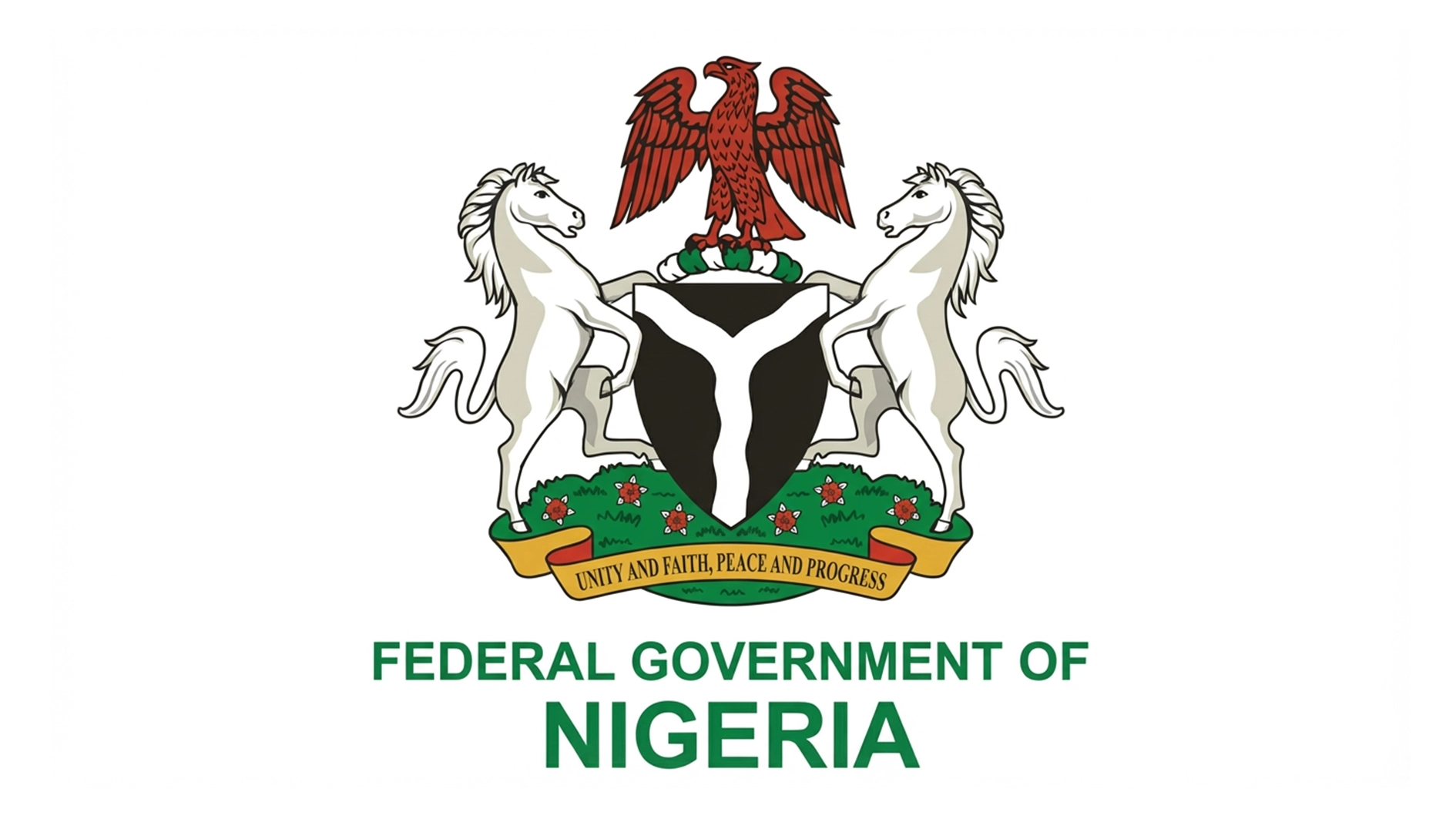
It came as a shock. Many could not believe it; even the reporters find it difficult to believe until it finally dawned on all that the Nigerian Customs Service (NCS), actually intercepted 661 pump-action rifles outside the port in Lagos.
The said riffles, fully loaded in a Mack truck were intercepted by the men of the Federal Operations Unit (FOU Zone “A”) along the Mile 2-Apapa Road, indicating that it had already escaped from the seaport.
This is just one of the many scenarios recorded in the seaports and land borders where contrabands beat the Customs checkpoints and find their way into the country. In fact, many wondered how many of such arms and ammunition would have been smuggled successfully. How about banned drugs that were seized by FOU in Ogun State? The toxic wastes and many other contrabands too numerous to mention.
The Customs are actually on their desk. They have not abandoned their duty, but the gallant men are in dire need of sophisticated equipment to perform their statutory role brilliantly. Indeed, the need of cargo scanners is a priority for the Customs.
Cargo scanning or non-intrusive inspection (NII) refers to non-destructive methods of inspecting and identifying goods in transportation systems. Cargo scanners allow for easy detection of contrabands and promote efficient inspection of consignment and clearance. This digital technology will also contribute immensely to the ease of doing business at the seaports.
Cargo examination in the ports is presently being conducted 100 per cent manually. Reports showed that physical examination process at the nation’s seaports has increased the cargo dwell time by over 100 percent.
Indeed, about 40 to 60 containers are physically examined at Apapa port daily while between 50 and 70 are examined daily at Tin-can Island port presently. Meanwhile one scanner can take up to about 150 containers daily.
Hopes were raised sometimes last year when the NCS promised that some cargo scanners would be delivered in the first quarter of this year.
The Comptroller-General of Customs, Hameed Ali had in June last year assured that the proposals have been submitted to the Federal Executive Council (FEC), assuring that the all-important facility would be delivered in “few months”.
He said the Service had presented a memorandum for approval to the FEC, and has commenced the procurement process.
Ali, who was responding to questions from journalists, stressed that: “By first quarter of next year, we should have scanners at the ports.”
Days are far spent, months are counting and indeed, the third quarter of the year is now counting without any cargo scanner in sight.
The decision to replace the scanners followed the collapse of existing scanners in the ports, which were transferred to the Nigeria Customs Service in 2014/2015, thereby resulting in physical/manual inspection on containers, prolonged cargo delays, and the payment of rent and demurrage by importer/licensed Customs Agents and attendant serious security threats.
Indeed, NCS has dumped the multi-million dollar inspection machines, and has returned to 100 percent manual examination of goods. Importers’ containers presently spend weeks at the nation’s seaports over delayed clearance, such that containers that were supposed to be cleared in seven days now spend about 22 days or more to be cleared due to the delay.
In a recent rating, Trading Across Borders (TAD) rated Nigeria low (183 out of 190 countries) on Ease of Doing Business. This can be seen from the identified challenges associated with the Import-Export, regulatory and transit procedures that is encumbered with lengthy and cumbersome procedure.
President, National Council of Managing Directors of Customs Licensed Customs Agents (NCMDLCA), Lucky Amiwero, recommended that the Federal Government should re-evaluate the scanners to know the present state and update the scanners as recommended by Smith Detection the manufacturers of the scanners.
He also suggest a cursory look into the main cause of the collapsed scanners, and if possible work out a Public Private Partnership (PPP) arrangement to maintain the scanners by releasing part of one per cent Free on Board (FOB) provided for inspection under Pre-Shipment Inspection Act 11 Section 3.
According to him, the present state of the scanning equipment at the seaports can be blamed on negligence and inability of the government agencies that supervised the transfer of the equipment from the DI service providers to Customs, to ensure due diligence before approving the handover.
Group Executive/Vice Chairman of SIFAX Group, Taiwo Afolabi had earlier said that the scanners in most ports across the country were not in a good state, making it difficult, if not impossible, for the NCS to discharge its duty of container inspection effectively.
“Most scanners at our ports are either completely broken down or functioning well below installed capacity. This has left the personnel of the Customs with no other option than to do 100 percent physical examination of cargoes. This comes with huge difficulties and impedes quality and efficient service delivery, which the Ease of Doing Business executive order is trying to address,” he said.
In order to address the problem of faulty scanners, Afolabi urged the Federal Government to consider the option of concessioning as the current economic reality in the country had made it impracticable for the government alone to shoulder the responsibility of infrastructure provision in critical sectors of the economy.
Meanwhile, the Controller, Apapa Area Command of Customs, Comptroller Musa Jubrin stated that only one of the scanners at the premier port in Lagos was functional, saying that not all cargoes are subjected to 100 percent physical examination.
Despite the claims by the Customs boss, importers and clearing agents have frequently complained about the poor state of scanners at the port, which they said has made Customs resort to conducting 100 percent physical examination of cargoes thereby delaying clearance.
“The scanners are not working, and we have only one scanner that is working in Apapa, at Tin Can and other areas we do not even have any, but in Apapa we have one that is functioning. If you have a backlog of works, how many containers can pass the scanner? If every importer wants pass their containers through the scanning site it would not be obtainable because we have just one machine” he said.
Three Scanning Companies, Cotecna, SGS, and Global Scan had entered into contract for the provision, installation, operation and management of X-Ray scanning machines and computerized management for examination of goods on Build, Own, Operate and Transfer (BOOT) for a period of seven years from 2006 to 2012 extended for six months, which ended in June 2013.
The Federal government subsequently entered in to transition contract agreement, with the service providers on the 1st July to 30th November for transfer of scanners to Nigeria Customs Service (NCS) with the constitution of the Transition Implementation Committee on Destination Inspection scheme by the then Coordinating Minster of Finance on the 5th of July,2013, with specific mandate to ensure a seamless transfer of functional scanners from the Service providers to Nigeria Customs Services (NCS).
[ad unit=2]






